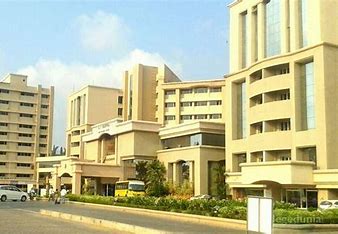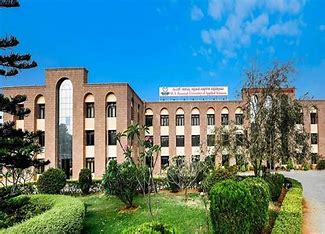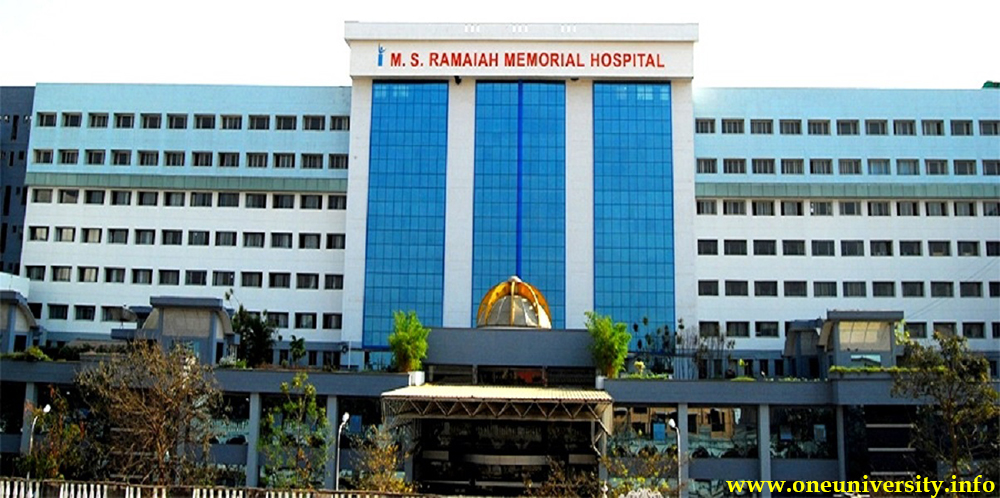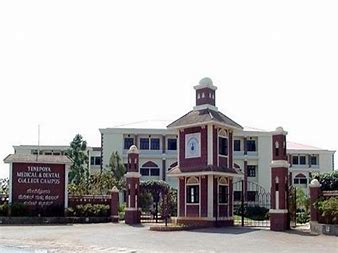MD Psychiatry is a three-year-long postgraduate course that deals with the discipline of medicine in terms of mental health. The students have a wide variety of job roles, providing them the job opportunities as Child and Adolescent Psychiatrist Forensic Psychiatrist Clinical Psychiatrist Staff Psychiatrist Prison Psychiatrist Behavioral Specialist Neuropsychiatrist, etc.
MD Psychiatry makes use of instructional material, special instructional methodology, learning-teaching assistive devices of this type that make it easier for the students to grasp the concepts of medicinal health in regards to mental health. The Doctor of medicine process to get admission does not differ according to the specialization students choose to pursue. According to Wikipedia, "A psychiatric or psychotropic medication is a psychoactive drug taken to exert an effect on the chemical makeup of the brain and nervous system. Thus, these medications are used to treat mental illnesses."
Students often wonder about the various Doctorate of Medicine in Psychiatry details before choosing the course. Before deciding on a career, students come across mundane questions like, "What is MD Psychiatry?" and "Why choose MD Psychiatry?”. The following prompts are given down to comprehend the topic on hand:
MD Psychiatry is a course that requires the students to complete a three-year study. It is a full-time postgraduate course that focuses on the treatment of patients dealing with mental health. The main objective of MD Psychiatry in India is to educate students in the way of medicines are administered to patients of mental health.
|
Semester I |
Semester II |
|
Basic Sciences as applied to Psychiatry |
Clinical Psychiatry |
|
Monoamine Neurotransmitters and their implications for Psychiatric Disorders |
Approaching to Psychiatric Diagnosis and Classification |
|
Excitatory Amino Acids in Psychiatric Disorders |
Aetiology and Clinical Profile of Dementias |
|
Neuropeptides and their relevance to Psychiatry |
Organic Delusional, Mood and Personality Disorders |
|
Semester III |
Semester IV |
|
Anxiety disorders |
Models of psychotherapy: An overview |
|
Nosological status and natural history |
Scientific evaluation of the efficacy of psychotherapy: methodological problems |
|
Reactions to severe stress |
Brief dynamic psychotherapies |
|
The current concept of dissociative disorders |
Behavioral therapies |
|
Semester V |
Semester VI |
|
Human Rights of psychiatric patients |
Dementia: Differential Diagnosis and Management |
|
Ethics in Psychiatry |
Delirium: Differential Diagnosis and Management |
|
Indian Mental Health Act |
Psychiatric Syndromes with Epilepsy |
|
Epidemiology of psychiatric Illness in Old Age with Special Reference to India. |
Neuro-psychiatric Sequelae of HIV Infection |









Student Review About Course